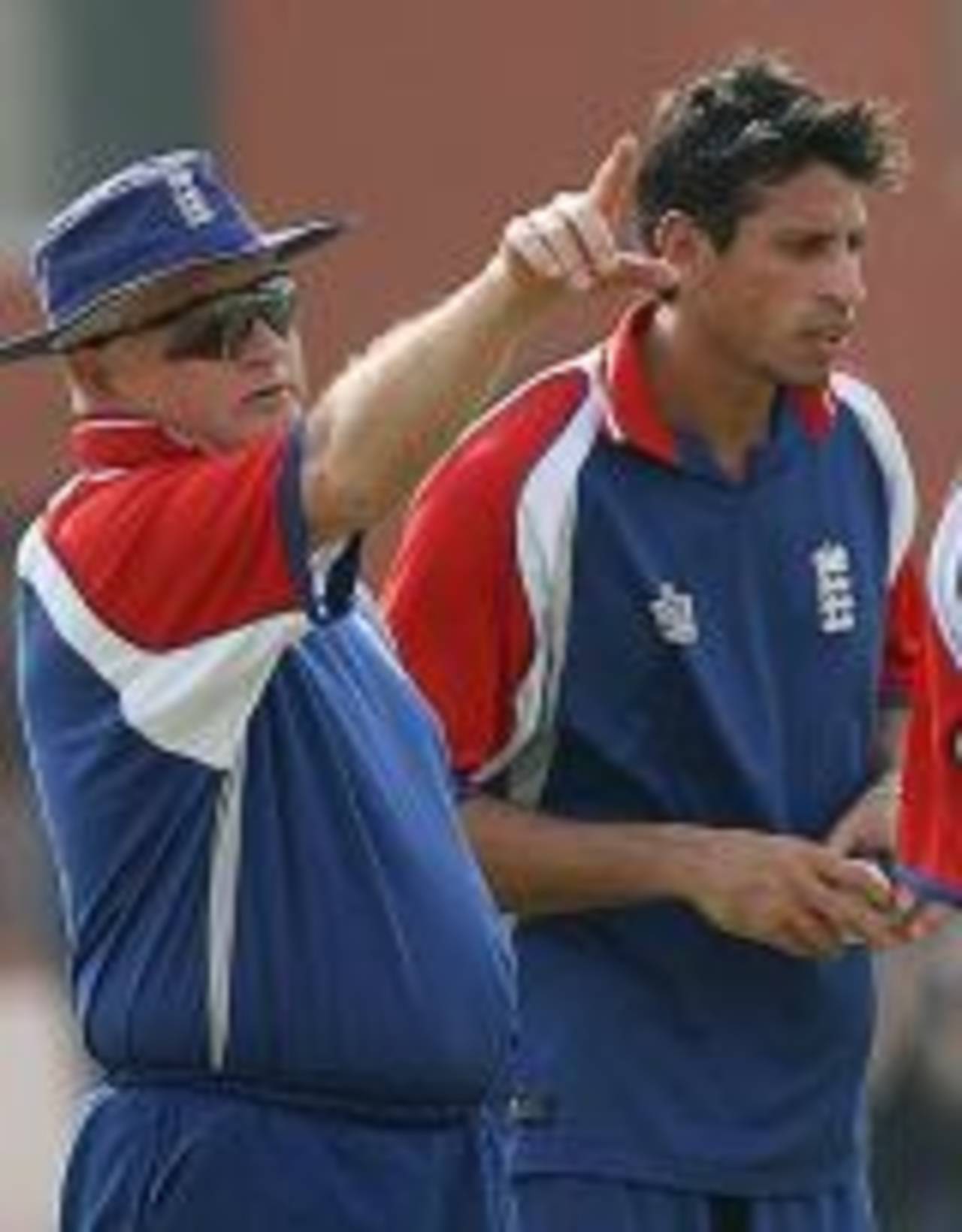Geoff Boycott has been sounding off about Duncan Fletcher, advising him to quit. Boycott has half a good point.
His suggestion that Fletcher has reached the end of his shelf life as Test coach is just bizarre. His best spell came very recently, between February 2004 and September 2005. In the last Ashes series, he led England into the promised land. Since then, they have stuttered, but have still had two series results that were improvements on the previous meetings, drawing in India and beating Pakistan. In seven years under Fletcher, they have gone from ninth in the rankings (a quirk of the old Wisden World Championship, but only slightly unflattering) to second.
In one-day cricket, it’s a very different story. They are eighth in the world. They never win anything major. Fletcher has survived seven years as England’s one-day coach for one reason only: because he has been a good Test coach. Like certain big-name players down the years – from Ian Botham to Michael Vaughan – he has got away with mediocrity at one form of the game by being highly successful at the other.
His one-day record looks passable on the surface, with 67 wins and 74 defeats in 146 matches. But scratch it and you find a lot of hollow victories. England’s favourite opponents in the past seven years have been Zimbabwe, with 23 meetings. They have won 19 of those, plus another 10 games against even smaller fry. Against other members of the big eight, Fletcher’s England have now played 105 matches with clear results, winning 35 and losing 70. There is no major nation against whom they are in the black – against Australia the score is 3-14, against India 7-14, against South Africa 5-9, against Sri Lanka 6-11, against Pakistan 8-11, against New Zealand 2-5, against West Indies 4-6. The figures look more like odds, but they’re not the sort of odds you would get on England.
Is it Fletcher, or is it England? Let’s look at their last 105 results against the big seven before he took over. Over a longer span (Jan 1991 to June 1999), and under four different coaches (Micky Stewart, Keith Fletcher, Ray Illingworth and David Lloyd), they won 52 and lost 53. In those days they were on broadly level terms with every other team except South Africa (6-12). Even against Australia, they trailed only by 7-10. So things have got worse. The Fletcher effect has been to turn parity into poverty.
We saw this on Saturday. England’s strategy was wobbly at best. The biggest problem was the middle order: call me old-fashioned, but I think it’s a good idea to have one. They abandoned the experiment with Andrew Flintoff at number three after one competitive match. They had Michael Yardy going in ahead of the much more experienced Paul Collingwood, which was quite baffling. They had Yardy and Jamie Dalrymple duplicating each other as bits-and-pieces spinners, rather than picking one of them alongside a proper spinner (Monty Panesar). Jon Lewis, who should have been England’s first-choice new-ball bowler after his fine displays against Pakistan, found himself relegated to fourth choice, carrying the energy drinks.
Andrew Strauss and Ian Bell produced a solid start, but predictably, they couldn’t raise the tempo. The opening partnership, like the notorious one between Boycott himself and Mike Brearley in the 1979 World Cup final, was not as good as it looks on the scorecard. Strauss and Bell are not a one-day opening pair.
In the field, England did well to reduce Australia to 34 for three, but from that point on, there was only one way to win, which was to take the other seven wickets. They had to set highly attacking fields and bowl like in Test cricket. Steve Waugh would have had three slips and a gully (or the other way round for Damien Martyn), not because the edges were flying, but as a form of intimidation. Flintoff only half-saw the need to attack. Fletcher should have seen it clearly and sent out a message. In this tournament, he has been a man without a plan. In Tests, he hardly ever is.
His strengths are patience, shrewdness and attention to detail, all of which suit the five-day game more than the one-day one. After the World Cup, he should step down from half his job. Unless England win it, which is not, on current form, even a faint possibility.
Tim de Lisle is the editor of Intelligent Life magazine and a former editor of Wisden

